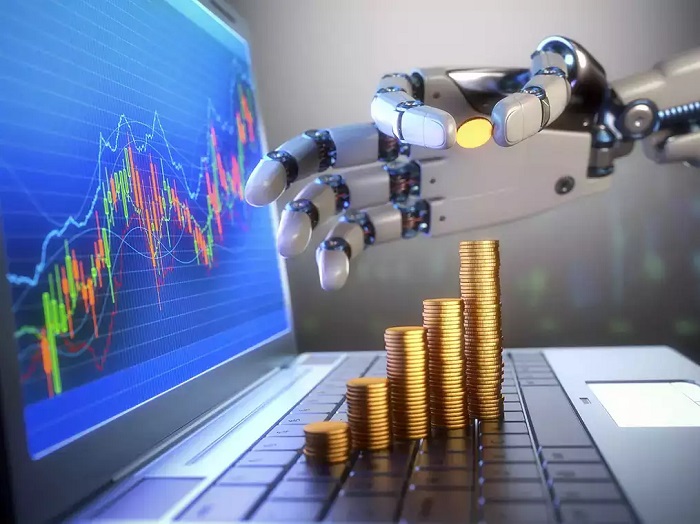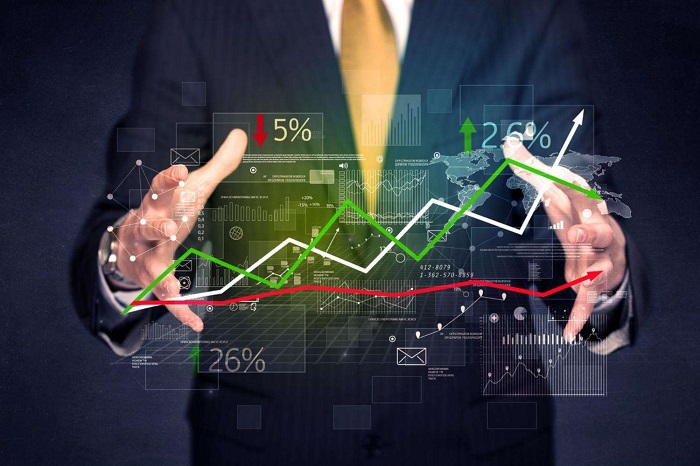Modern trade is undergoing radical changes under the influence of innovative technologies, among which artificial intelligence plays a key role. Automation, big data analysis and machine learning algorithms help companies improve service quality, forecast demand and increase business efficiency. One of the main trends in this area is the concept of “immediate bitwave”, which implies instant data processing and adaptation of trading strategies in real time.
Artificial intelligence and data analytics
Immediate Bitwave AI allows trading companies to analyze huge amounts of data, identify hidden patterns and offer personalized solutions to customers. For example, neural networks analyze user behavior on online store websites and offer products that best match their preferences. This leads to increased conversion and increased profits.

Another application of AI in trade is dynamic pricing. Algorithms monitor demand, competitive prices and other market factors in real time, allowing for automatic adjustments to product prices. This is especially relevant for online retail, where competition is extremely high.
Automated warehouse management systems
Modern technologies allow us to minimize the human factor in warehouse logistics. Using Immediate Bitwave AI and robotic systems allows us to optimize storage, speed up order picking, and reduce personnel costs.
One example is autonomous drones and robots used in warehouses of large trading companies. They automatically identify the location of goods, move them, and form orders without human intervention.
Virtual assistants and chatbots
AI in the form of voice assistants and chatbots significantly improves the quality of customer service.
Such systems operate around the clock, which is especially important for global online stores. They can support communication in different languages, analyze the tone of messages, and offer personalized recommendations. You can always find out more information on immediatebitw.com. One of the promising areas of AI development in trade is biometric identification. Facial recognition, fingerprint recognition, and iris scanning technologies are used to:
- speed up checkout in stores without cashiers;
- protect customer payment data;
- personalized offers based on the history of store visits. Such technologies are actively implemented by large retailers, including Amazon, which is already testing stores without cashiers with full automatic accounting of purchases.


